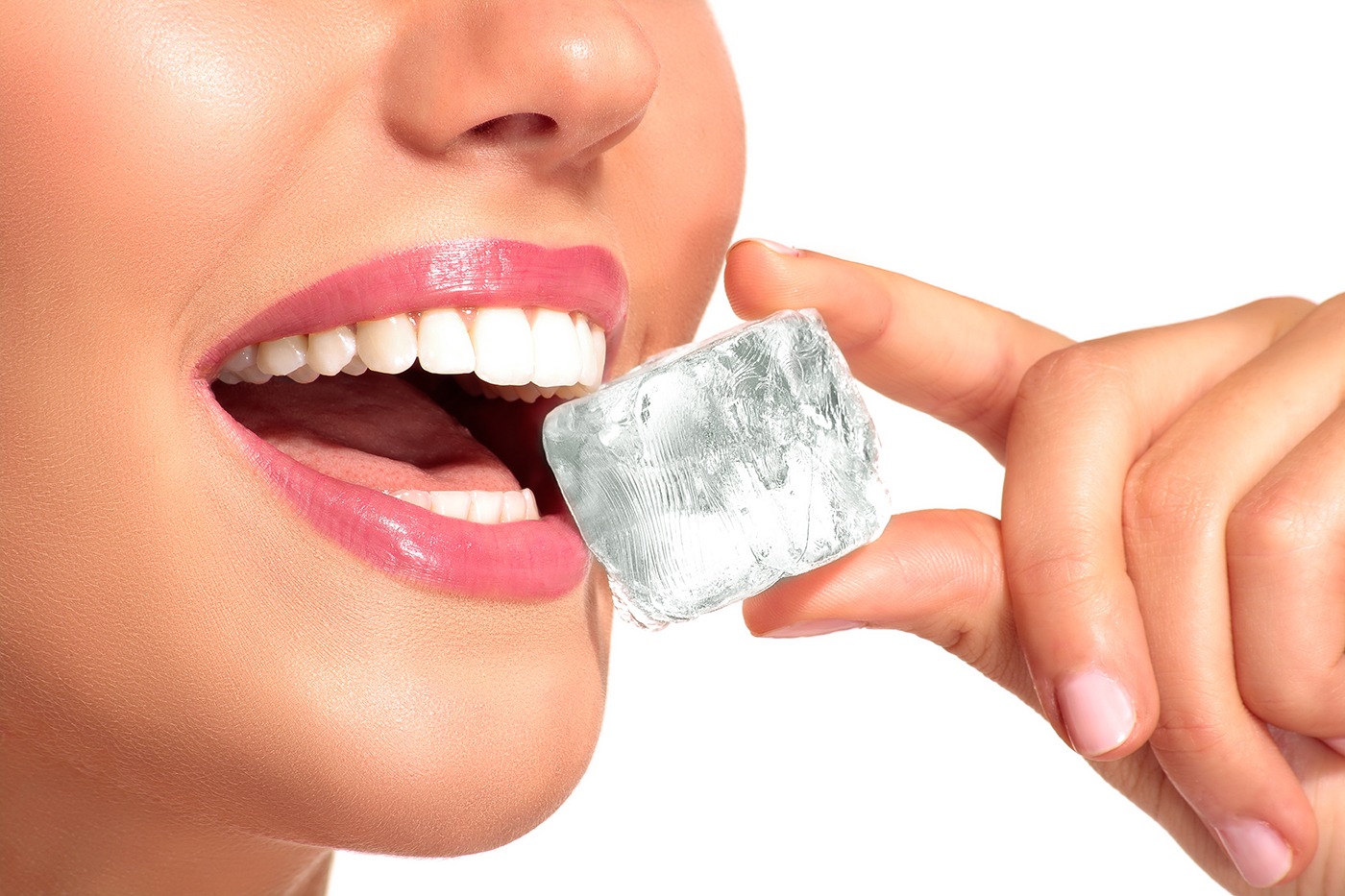Smoking is universally known to be harmful to health and causes various diseases, ranging from emphysema to cardiovascular diseases. Nearly 8 million people die every year due to tobacco consumption, according to the World Health Organization. Smoking generally causes lung and heart diseases, but it is important to note that it has some serious adverse effects on your oral health. You must contact a cosmetic dentist in Shelby Charter Township to check your oral health and stay healthy.
Here are some ways in which smoking affects your oral health:
- Causes bad breath
Smokers are widely seen inflicted with a condition called “smoker’s breath,” when a stale scent from the cigarette smoke is still lingering in your throat and mouth. Apart from that, smoking leaves back chemical compound that, when mixed with your saliva, leads to bad breath.
- Leads to tooth discoloration
Smoking is seen to cause dental stains, which means that over time, it leads to the teeth turning yellow or even yellowish brown. The main reason for this is the nicotine and tar that comes in contact with your teeth while smoking and seeps into your tooth’s enamel through tiny pores.
- Smoking causes inflammation of the salivary glands.
The heat from smoking cigarettes leads to the inflammation of the duct openings of the minor salivary glands. Along with the inflammation, smoking also leads to reduced salivation and a change in quality.
- Smoking and the jawbone.
Smoking causes the jawbone to lose density, and with time, the jawbone will recede and cause tooth loss.
- Smoking and leukoplakia.
Smoking leads to leukoplakia or white patches on the inside of the mouth. It is seen that smokers have a 4-6 times higher chance of contracting leukoplakia than non-smokers.
- Smoking and gum diseases.
Smoking leads to gum diseases. It starts with the bacteria on the teeth that will go under your gums, and if the bacteria are left to infest your teeth for too long, layers of hardened plaque and film will build up and lead to an early gum disease called gingivitis.
- Smoking and healing of oral tissues.
Smoking cigarettes leads to slow healing of the oral tissues after both surgical and non-surgical tooth extractions, surgeries, and other dental activities. It also affects your immunity adversely and increases the risk of complications after a dental procedure.
- Smoking and cancer.
Tobacco is a carcinogen, which means that it causes damage to your DNA and leads to cancer. Smokers have 5- 10 times greater chances of cancer than non-smokers and similarly have a higher mortality rate.


